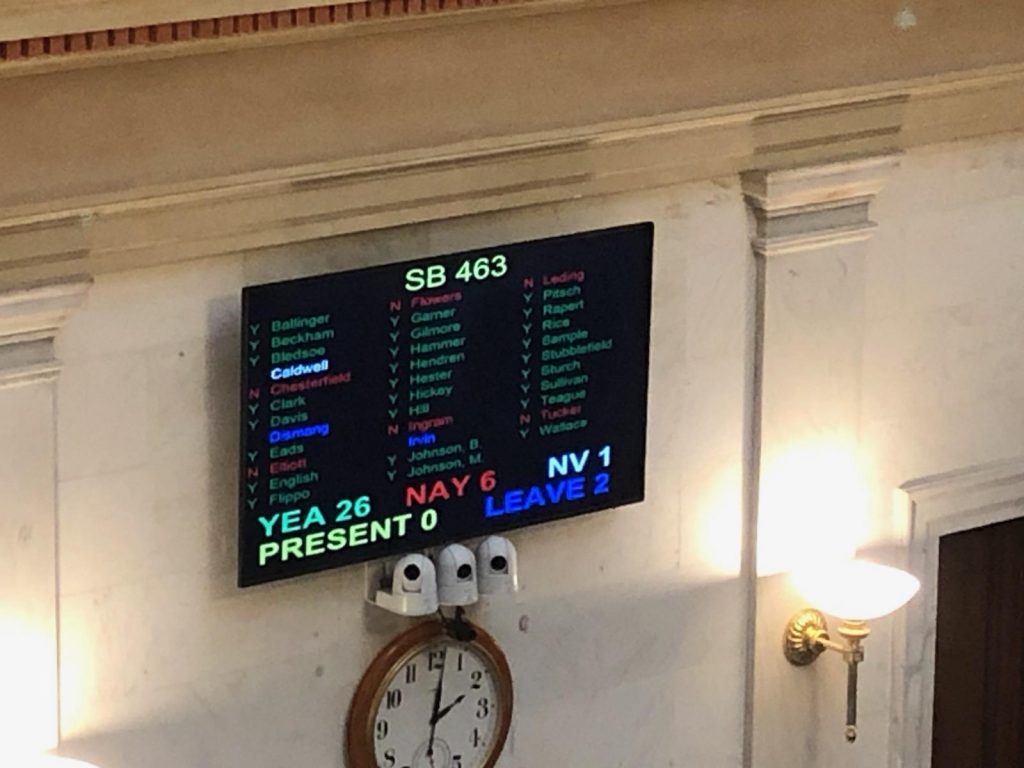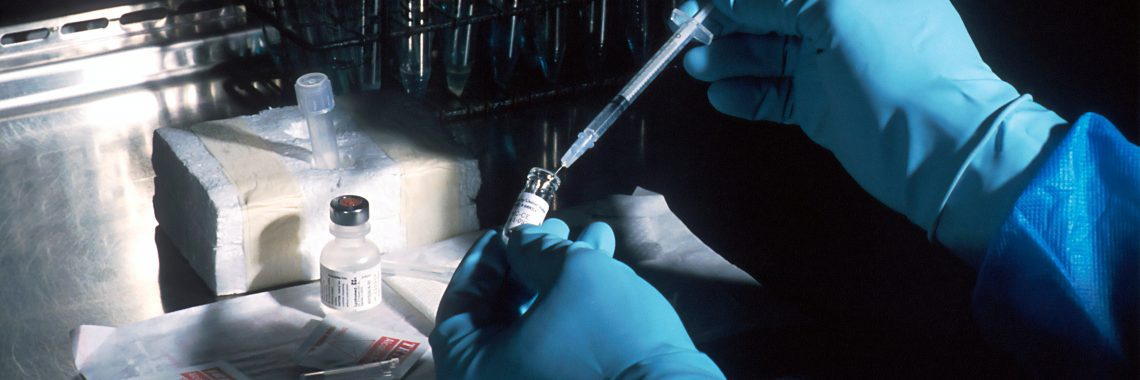Arkansas Senate Passes Several Good Measures

On Thursday afternoon the Arkansas Senate passed several good measures.
The senators voted to give final approval to S.B. 289 protecting healthcare workers’ rights of conscience. The senate previously approved this bill, but had to vote to concur in amendments that the Arkansas House of Representatives made last week. The bill now goes to Governor Hutchinson.
The Arkansas Senate also passed S.B. 474. This good bill by Sen. Charles Beckham (R – McNeil) and Rep. Jimmy Gazaway (R – Paragould) prohibits fraud and abuse in fertility treatments. The bill ensures people performing fertility treatments are honest, ethical, and abide by principles of informed-consent. The bill passed with overwhelming support with 33 votes.

The senate also passed S.B. 463. This good bill by Sen. Blake Johnson (R – Corning) and Rep. Tony Furman (R – Benton) requires the State of Arkansas to provide abortion data to the federal Centers for Disease Control for statistical purposes. It also tightens Arkansas law concerning abortion facility inspections, and it requires abortionists to file certain documentation when the woman is a victim of rape or incest. Read The Bill Here.
Below is a breakdown of the vote on S.B. 463.
Voted FOR S.B. 463
- B. Ballinger
- Beckham
- Bledsoe
- A. Clark
- B. Davis
- L. Eads
- J. English
- Flippo
- T. Garner
- Gilmore
- K. Hammer
- J. Hendren
- Hester
- Hickey
- Hill
- M. Johnson
- B. Johnson
- M. Pitsch
- Rapert
- Rice
- B. Sample
- G. Stubblefield
- J. Sturch
- D. Sullivan
- Teague
- D. Wallace
Voted Against S.B. 463
- L. Chesterfield
- Elliott
- S. Flowers
- K. Ingram
- G. Leding
- C. Tucker
Excused From Voting
- J. Dismang
- Irvin
Did Not Vote
Caldwell





